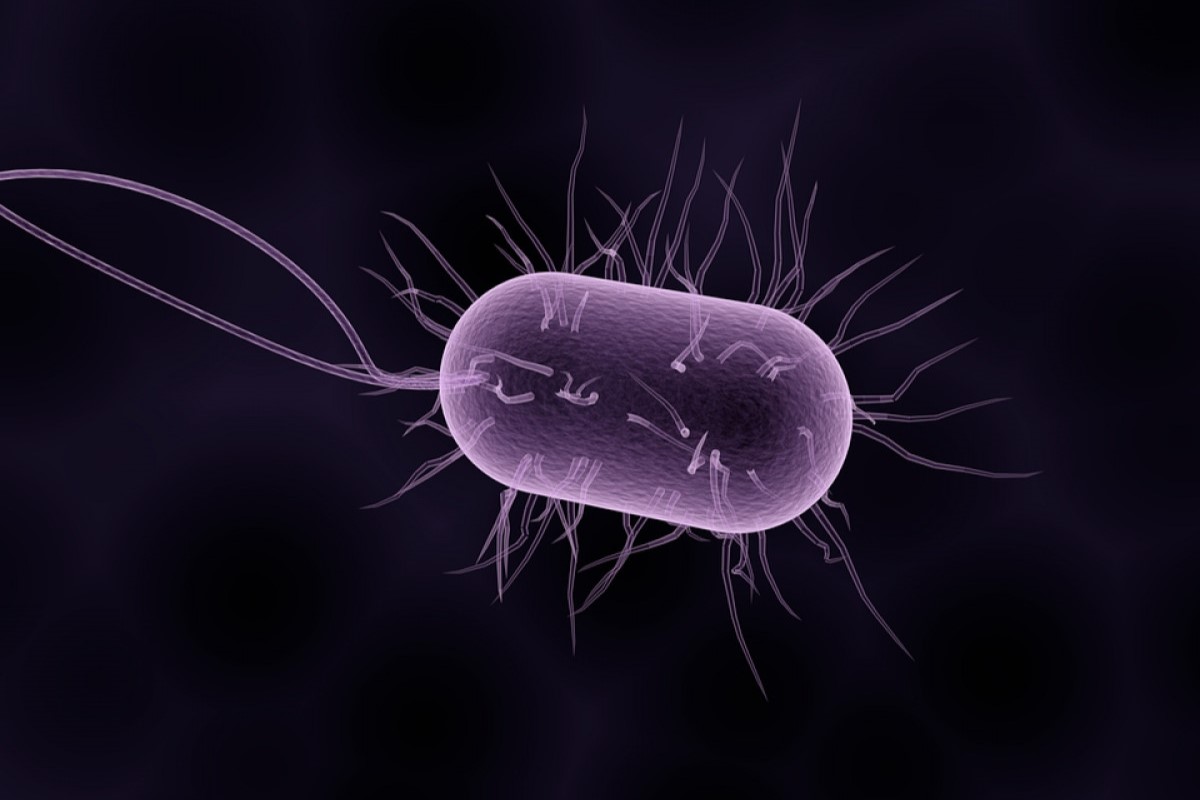
What is Molecular Taxonomy? Molecular taxonomy is the science of classifying organisms based on genetic information. Unlike traditional methods that rely on physical traits, molecular taxonomy uses DNA, RNA, and protein sequences to identify and categorize species. This approach offers a more precise understanding of evolutionary relationships and biodiversity. Why is it important? It helps scientists trace lineage, understand genetic diversity, and even discover new species. With advancements in technology, molecular taxonomy has become a crucial tool in fields like conservation biology, medicine, and agriculture. How does it work? Techniques such as DNA barcoding, genome sequencing, and phylogenetic analysis are commonly used. These methods allow researchers to compare genetic material across different organisms, providing insights into their evolutionary history.
What is Molecular Taxonomy?
Molecular taxonomy uses DNA, RNA, and protein sequences to classify organisms. This method has revolutionized our understanding of biological relationships.
-
DNA Sequencing: DNA sequencing allows scientists to determine the exact order of nucleotides in a DNA molecule. This helps identify genetic similarities and differences among species.
-
RNA Analysis: RNA analysis can reveal gene expression patterns. This helps understand how genes are regulated and expressed in different organisms.
-
Protein Sequencing: Protein sequencing identifies the amino acid sequence of proteins. This can provide insights into the functional aspects of genes.
Importance of Molecular Taxonomy
Molecular taxonomy has several applications that make it invaluable in modern science.
-
Evolutionary Relationships: It helps trace the evolutionary history of organisms. This can show how species have diverged over time.
-
Species Identification: Molecular methods can identify species that look very similar morphologically but are genetically distinct.
-
Conservation Biology: It aids in identifying endangered species and understanding their genetic diversity, which is crucial for conservation efforts.
Techniques Used in Molecular Taxonomy
Various techniques are employed to analyze genetic material for classification purposes.
-
Polymerase Chain Reaction (PCR): PCR amplifies small DNA samples, making it easier to study genetic material.
-
Gel Electrophoresis: This technique separates DNA fragments based on size, allowing for the analysis of genetic differences.
-
Next-Generation Sequencing (NGS): NGS can sequence entire genomes quickly and accurately, providing comprehensive genetic data.
Applications in Medicine
Molecular taxonomy has significant implications in the medical field.
-
Disease Diagnosis: It helps identify pathogens at the genetic level, leading to quicker and more accurate diagnoses.
-
Personalized Medicine: Genetic information can guide personalized treatment plans, improving patient outcomes.
-
Drug Development: Understanding genetic variations can lead to the development of more effective drugs.
Challenges in Molecular Taxonomy
Despite its benefits, molecular taxonomy faces several challenges.
-
Data Complexity: The vast amount of genetic data can be difficult to analyze and interpret.
-
Cost: Advanced techniques like NGS can be expensive, limiting their accessibility.
-
Ethical Issues: Genetic research raises ethical concerns, particularly regarding privacy and consent.
Future of Molecular Taxonomy
The field continues to evolve, promising exciting advancements.
-
CRISPR Technology: CRISPR can edit genes with high precision, potentially revolutionizing genetic research.
-
Bioinformatics: Advances in bioinformatics will improve data analysis, making it easier to interpret complex genetic information.
-
Environmental DNA (eDNA): eDNA can detect species in an environment without needing physical samples, aiding in biodiversity studies.
Real-World Examples
Molecular taxonomy has already made significant contributions to various fields.
-
Human Genome Project: This project mapped the entire human genome, providing a wealth of genetic information.
-
Forensic Science: DNA analysis is a cornerstone of modern forensic science, helping solve crimes with genetic evidence.
-
Agriculture: Genetic research can improve crop yields and resistance to pests and diseases.
Molecular Taxonomy in Ecology
Understanding ecosystems at the genetic level can provide deeper insights.
-
Microbial Diversity: Molecular methods can identify microbial species that are difficult to culture in a lab.
-
Invasive Species: Genetic tools can detect invasive species early, helping manage and control their spread.
-
Climate Change: Studying genetic adaptations to climate change can help predict how species will respond to environmental shifts.
Educational Impact
Molecular taxonomy also plays a role in education and public awareness.
- Curriculum Development: Incorporating molecular taxonomy into biology curricula can inspire the next generation of scientists.
Final Thoughts on Molecular Taxonomy
Molecular taxonomy has revolutionized how scientists classify and understand living organisms. By analyzing DNA, RNA, and proteins, researchers can uncover relationships that traditional methods might miss. This approach has led to the discovery of new species, a better understanding of evolutionary processes, and more accurate classifications. It’s not just about identifying species; it’s about understanding the intricate web of life on Earth. As technology advances, molecular taxonomy will continue to provide deeper insights into biodiversity and the natural world. Whether you’re a student, a researcher, or just curious about science, appreciating the power of molecular taxonomy can open up a whole new perspective on life’s complexity. So next time you hear about a new species being discovered, remember the incredible science behind it. Molecular taxonomy isn’t just a tool; it’s a window into the past, present, and future of life on our planet.
Was this page helpful?
Our commitment to delivering trustworthy and engaging content is at the heart of what we do. Each fact on our site is contributed by real users like you, bringing a wealth of diverse insights and information. To ensure the highest standards of accuracy and reliability, our dedicated editors meticulously review each submission. This process guarantees that the facts we share are not only fascinating but also credible. Trust in our commitment to quality and authenticity as you explore and learn with us.


